Latest News
"Institution of marriage is matter of policy; govt not interfering in anybody's personal life": Union Law minister
.png)
New Delhi: Asserting that the institution of marriage is a matter of "policy", Union Law Minister Kiren Rijiju on Monday clarified that the Centre is not interfering in the personal life of anybody by opposing the plea seeking legal recognition of same-sex marriage.
"Government not interfering in personal life of anybody. Personal freedom of citizens is never regulated by government. When it comes to institution of marriage, it is a matter of policy. There is a clear distinction," Rijiju said while talking to the reporters. However, the apex court on Monday while hearing the petitions seeking recognition of same-sex marriage sent it to a five-judge Constitution bench that will begin hearing the matter from April 18.
The Centre, in its affidavit, has opposed the plea seeking legal recognition of same-sex marriage, saying that living together as partners by same-sex individuals, which is decriminalised now, is not comparable with the Indian family unit and they are clearly distinct classes which cannot be treated identically.
The Centre has filed the affidavit countering the demand made by various petitioners seeking legal recognition of same-sex marriage.
In the affidavit, the Centre has opposed the plea and said that pleas seeking legal recognition of same-sex marriage ought to be dismissed as there exists no merit in these petitions.
"I think the central Government has taken the right stand," Rahul Easwer added. "There are still debates going on in scientific communities on this subject".
Same-sex relationships and heterosexual relationships are clearly distinct classes which cannot be treated identically, the government said on its stand against the petition seeking legal recognition of LGBTQ marriage.
It is for the legislature to judge and enforce such societal morality and public acceptance based upon Indian ethos, the Centre said in its affidavit and added that western decisions sans any basis in Indian constitutional law and jurisprudence, cannot be imported in this context.
In the affidavit, the Centre apprised the Supreme Court living together as partners by same sex individuals, which is decriminalised now, is not comparable with the Indian family unit concept of a husband, a wife and children.
The Centre submitted that the principles of legitimate state interest as an exception to life and liberty under Article 21 would apply to the present case. The Centre submitted that the statutory recognition of marriage as a union between a "man" and a "woman" is intrinsically linked to the recognition of the heterogeneous institution of marriage and the acceptance of the Indian society based upon its own cultural and societal values which are recognized by the competent legislature.
"There is an intelligible differentia (normative basis) which distinguishes those within the classification (heterosexual couples) from those left out (same-sex couples). This classification has a rational relation with the object sought to be achieved (ensuring social stability via recognition of marriages)," the government said. (ANI)


.jpg)
.jpg)
.jpg)
.jpg)
.jpg)
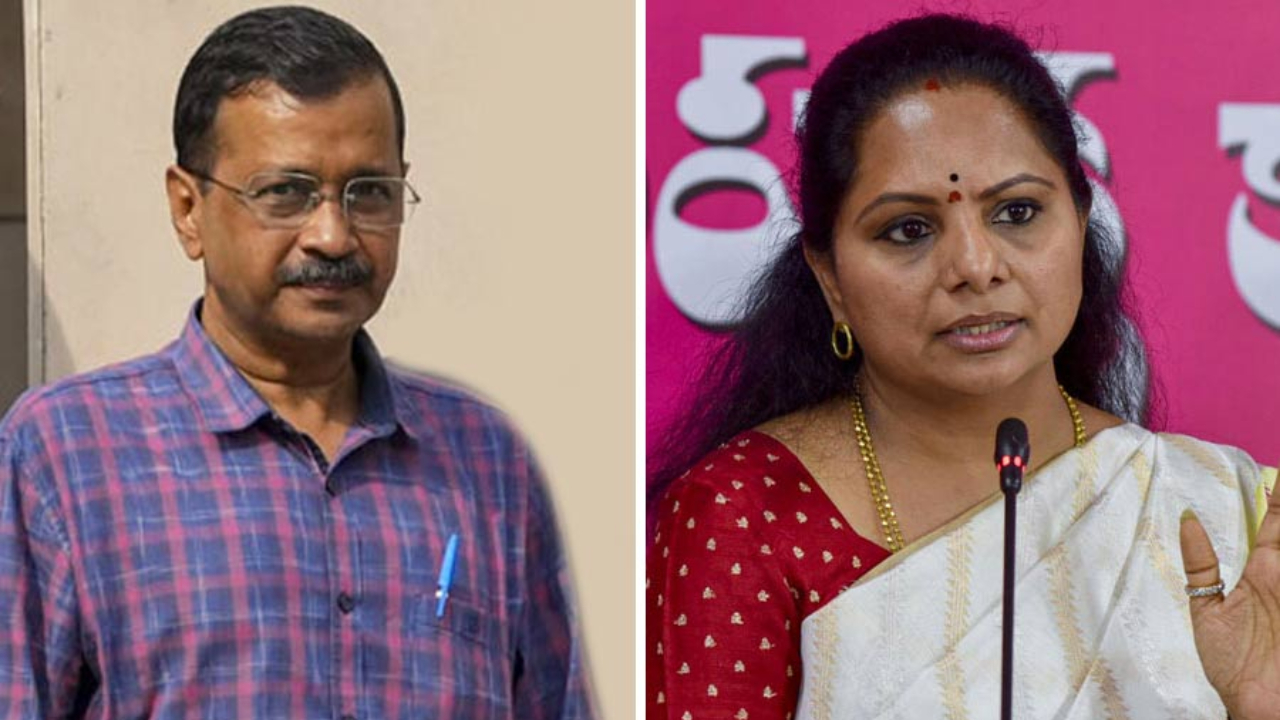
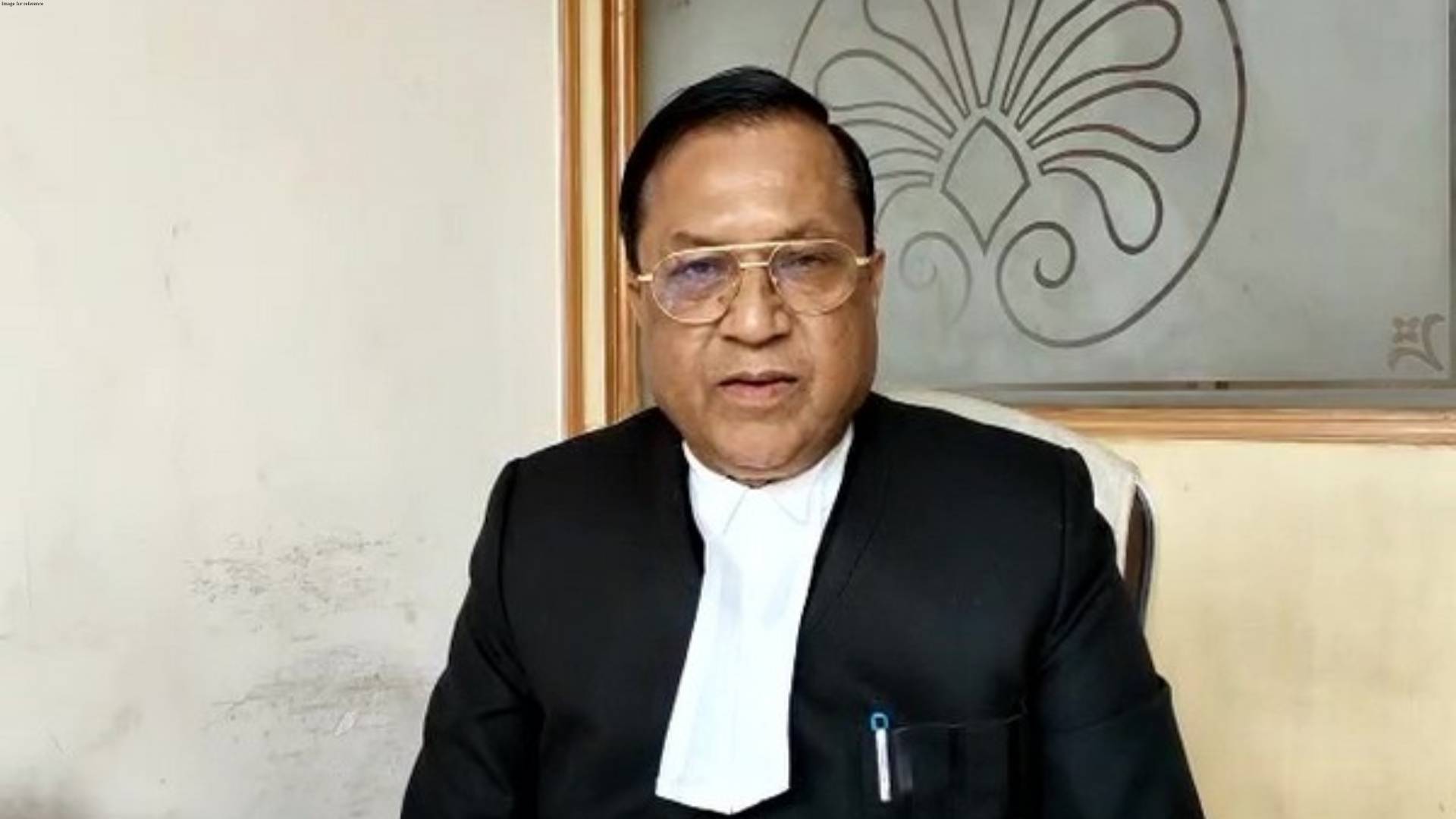
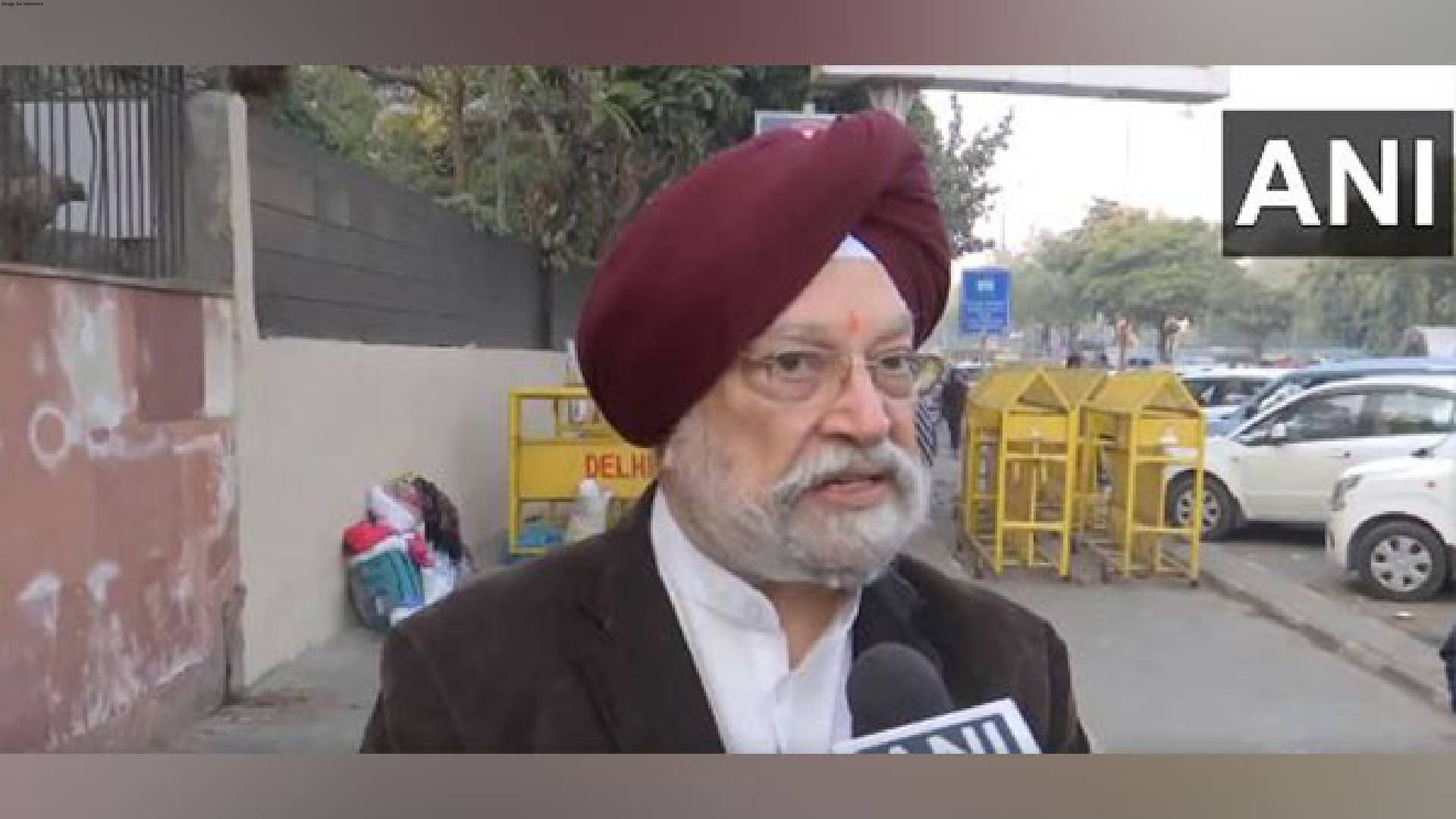

.png)

.jpg)
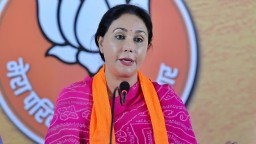

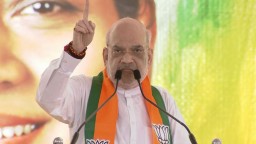
.jpg)

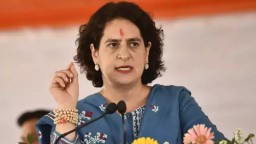
.jpg)
